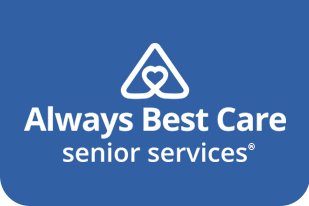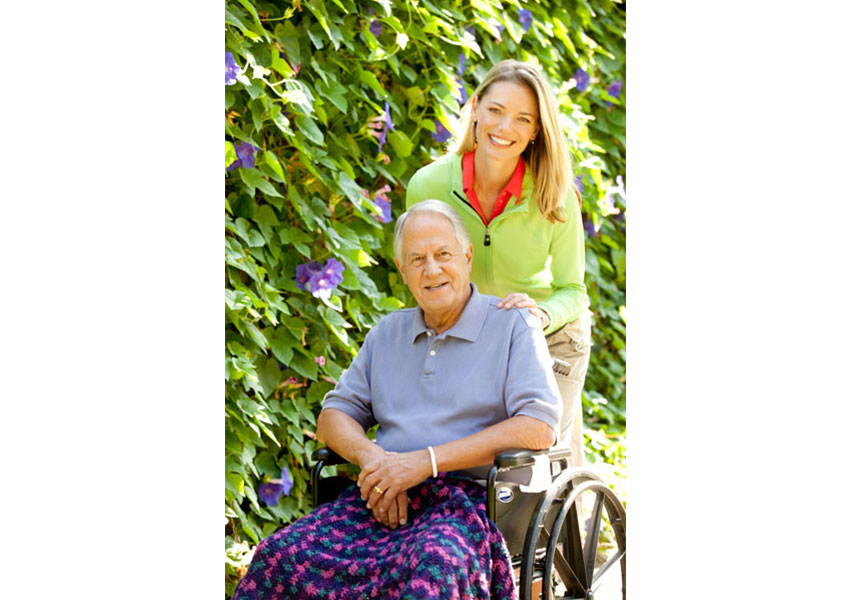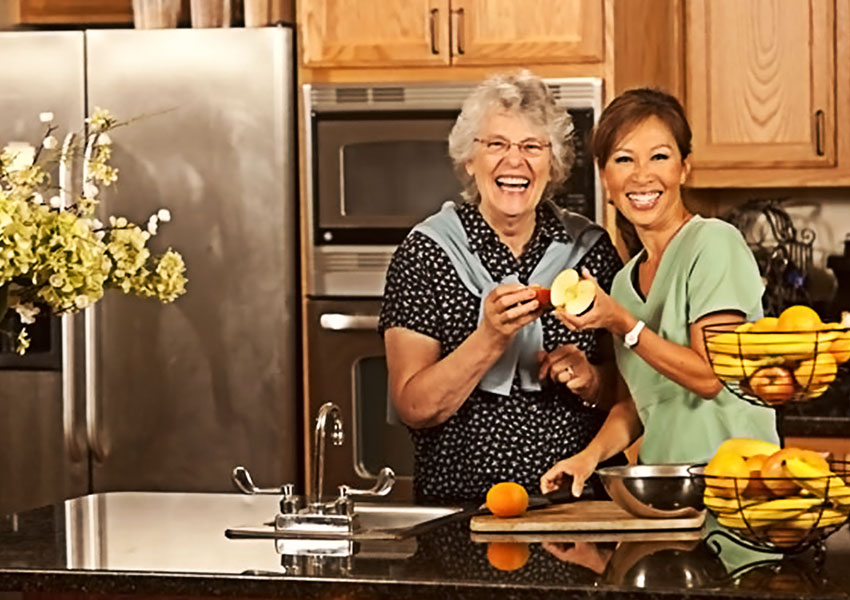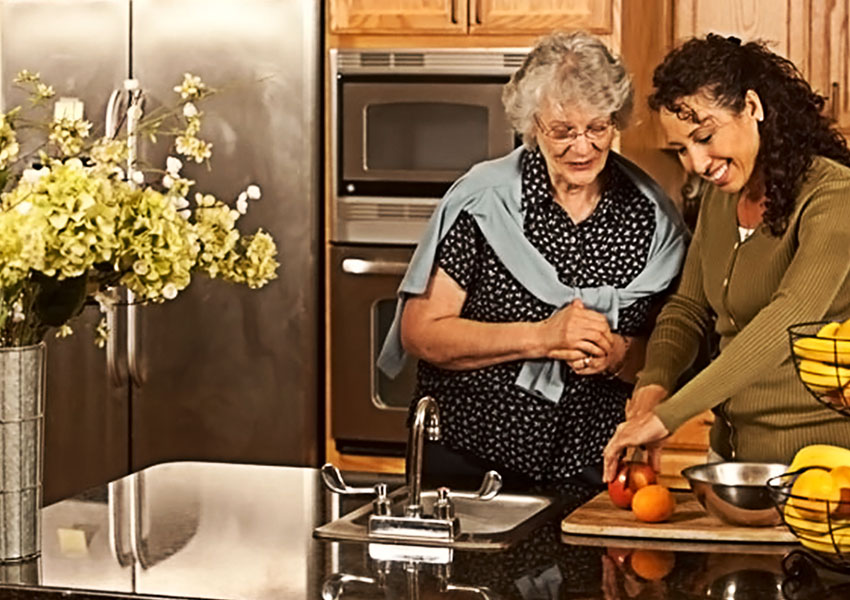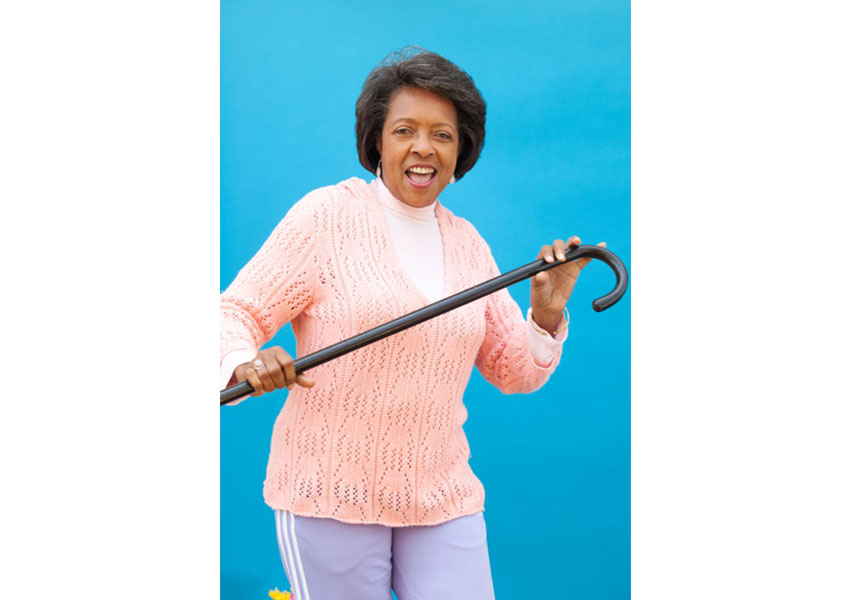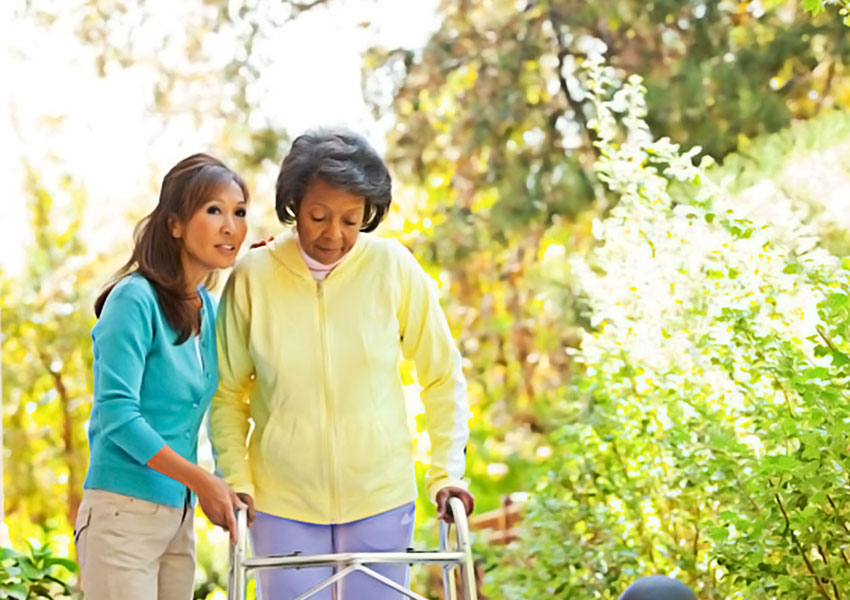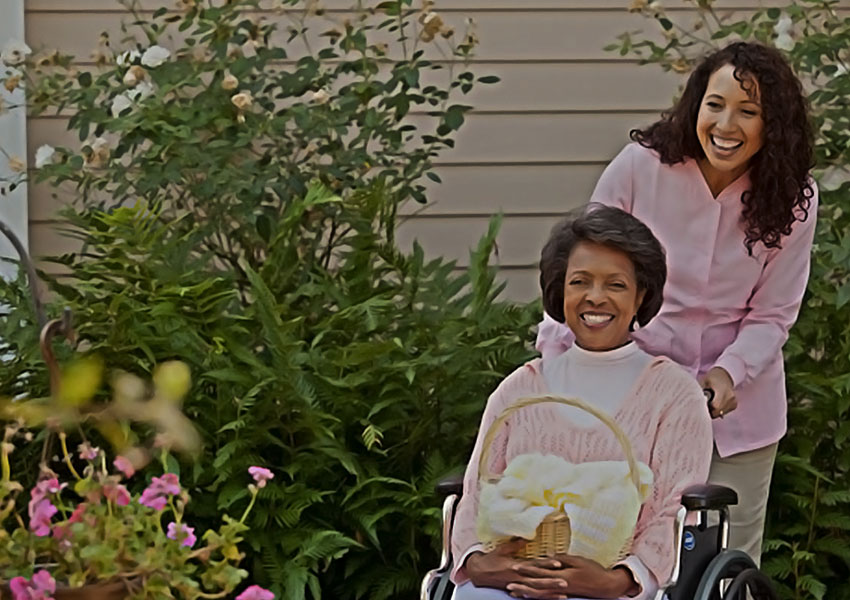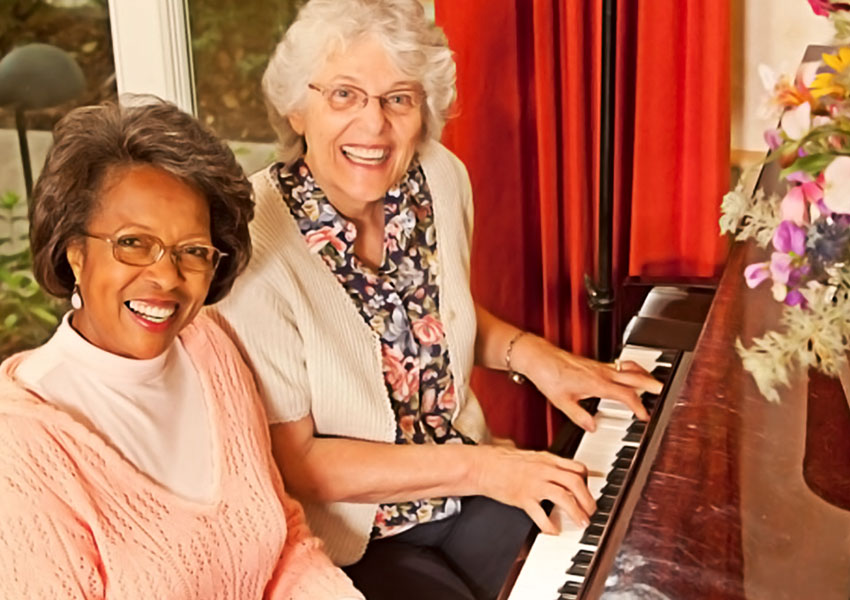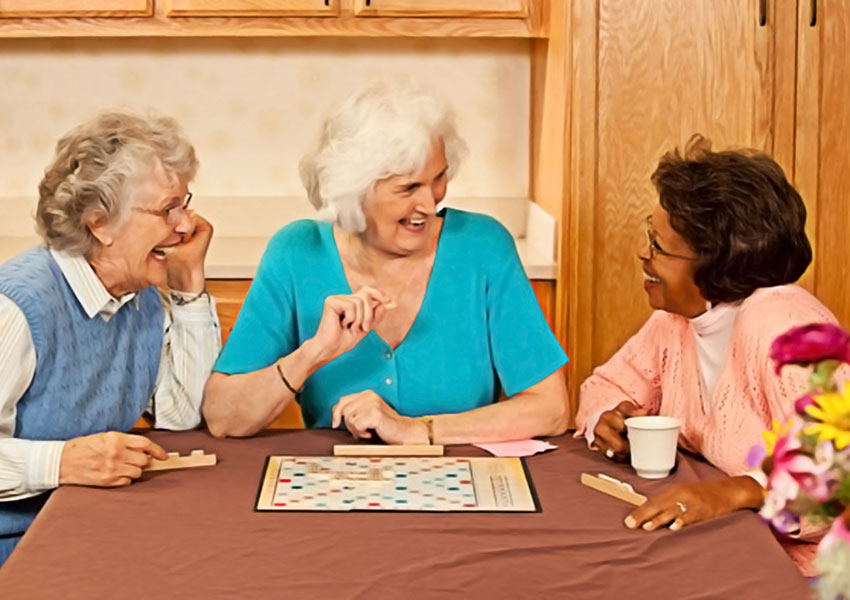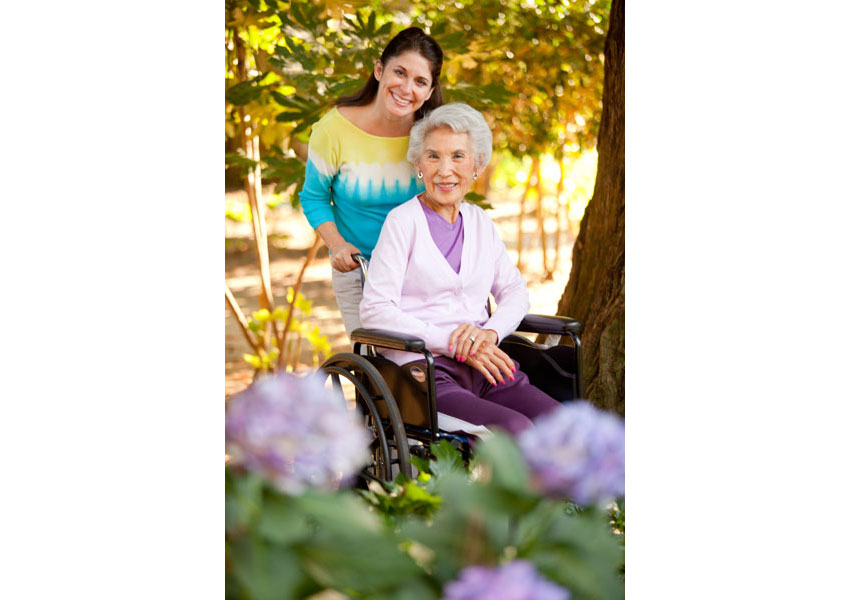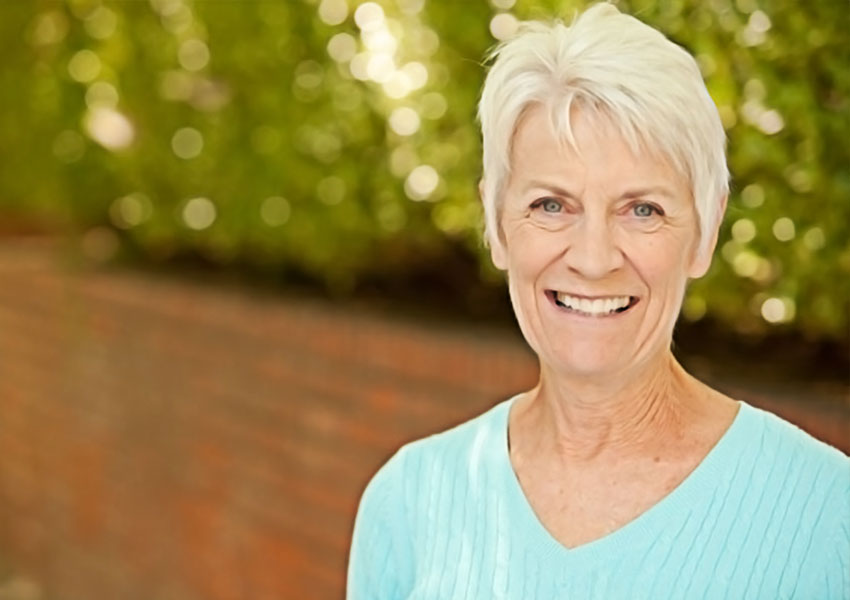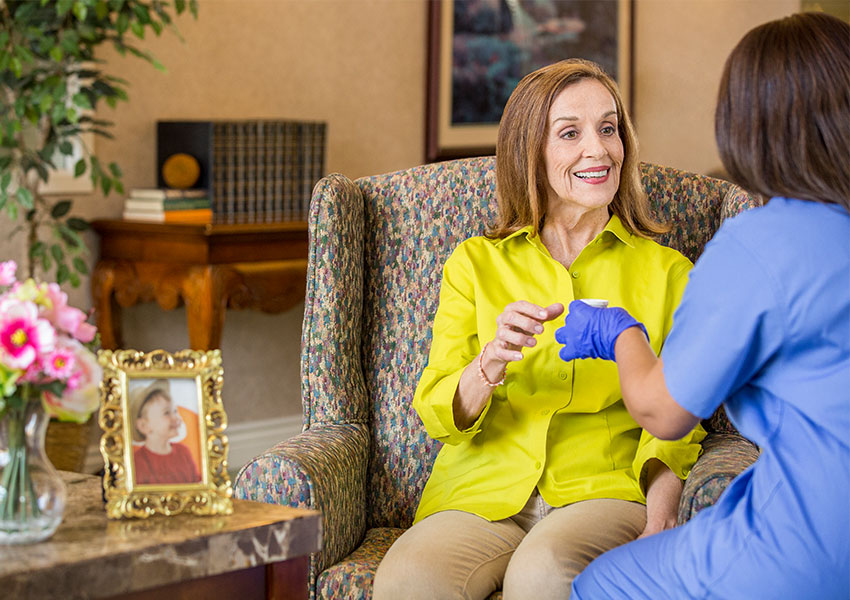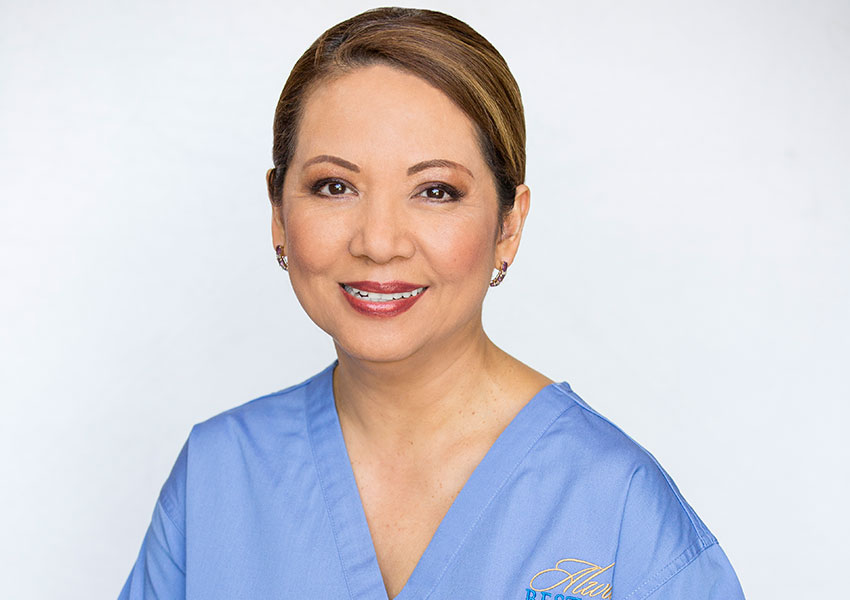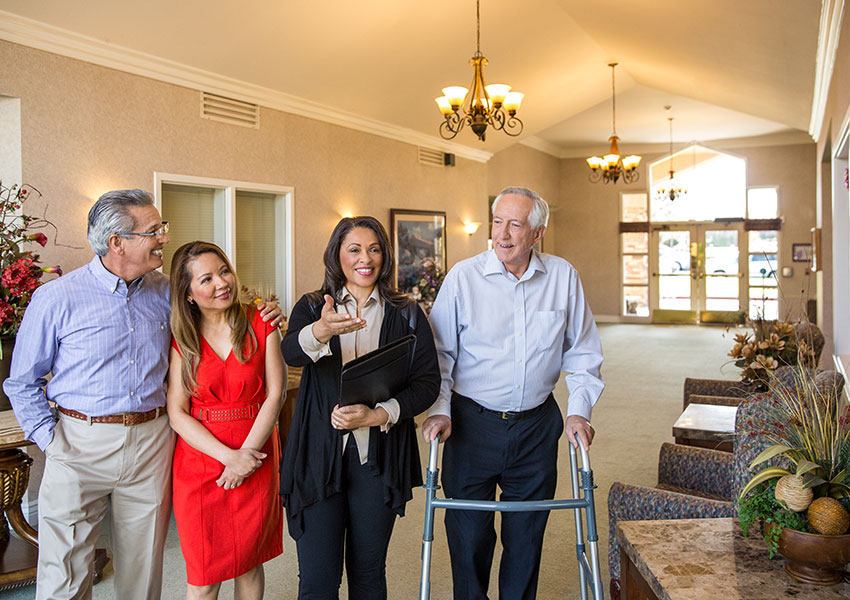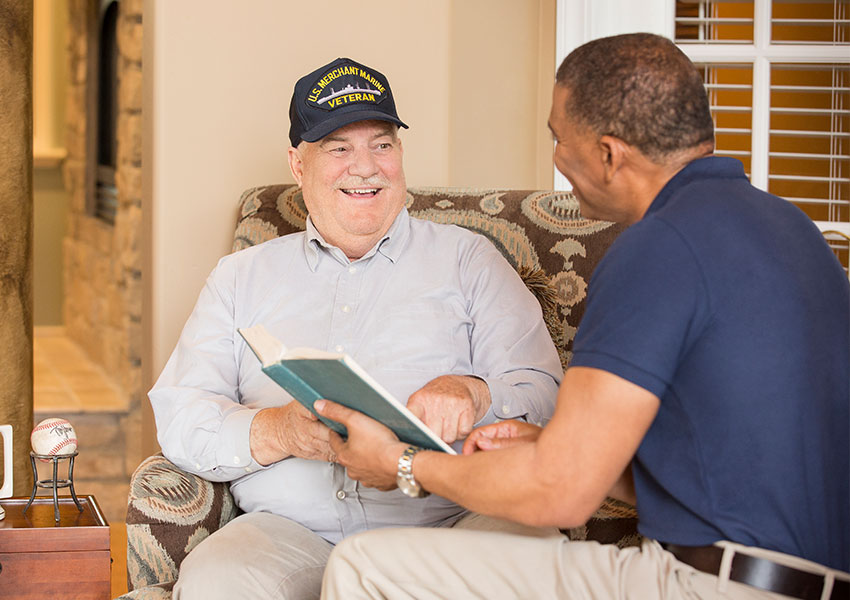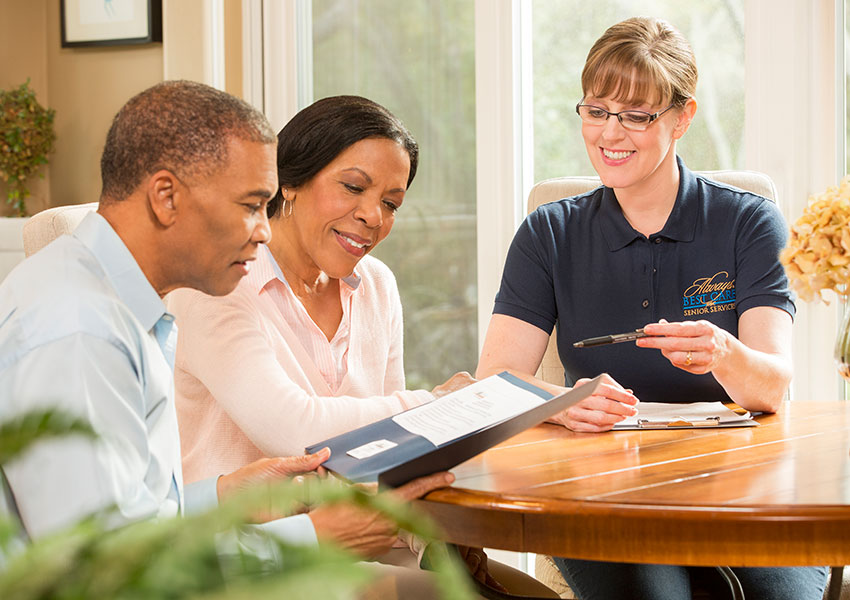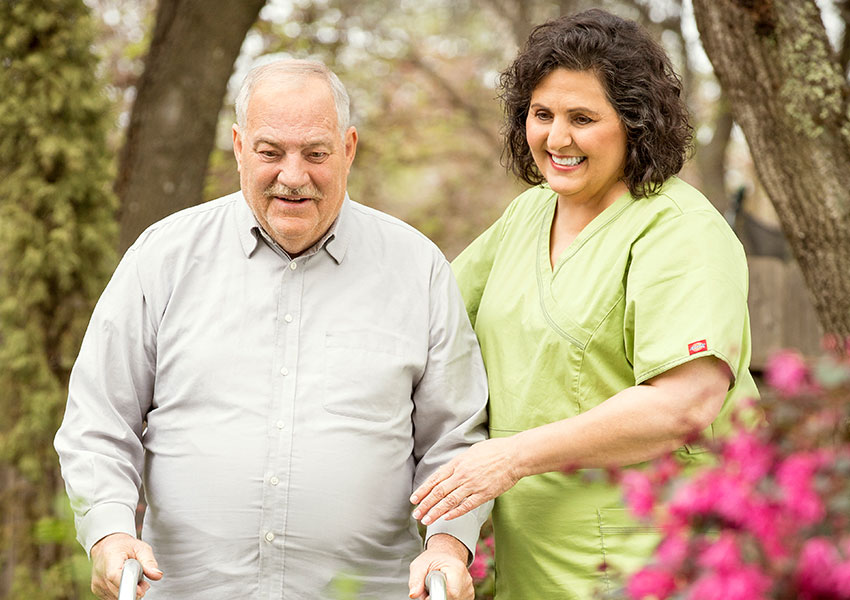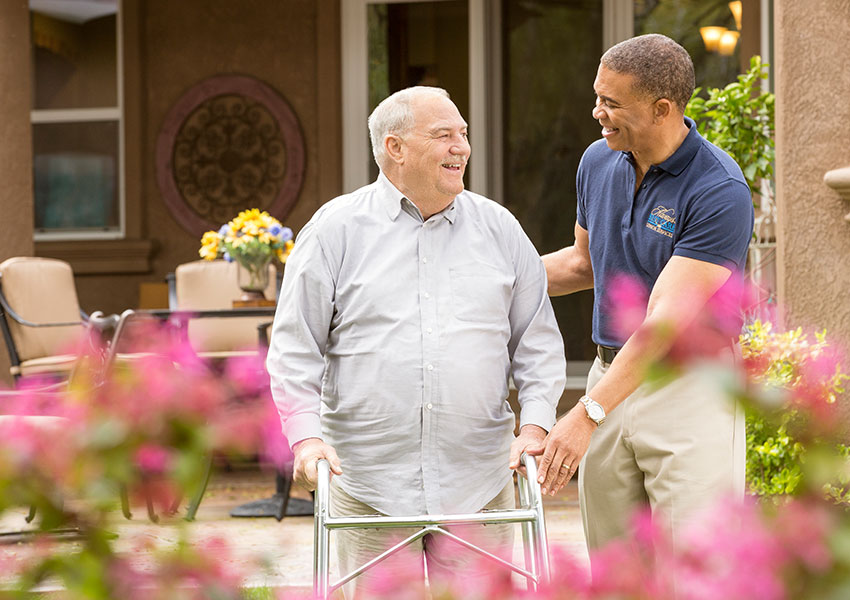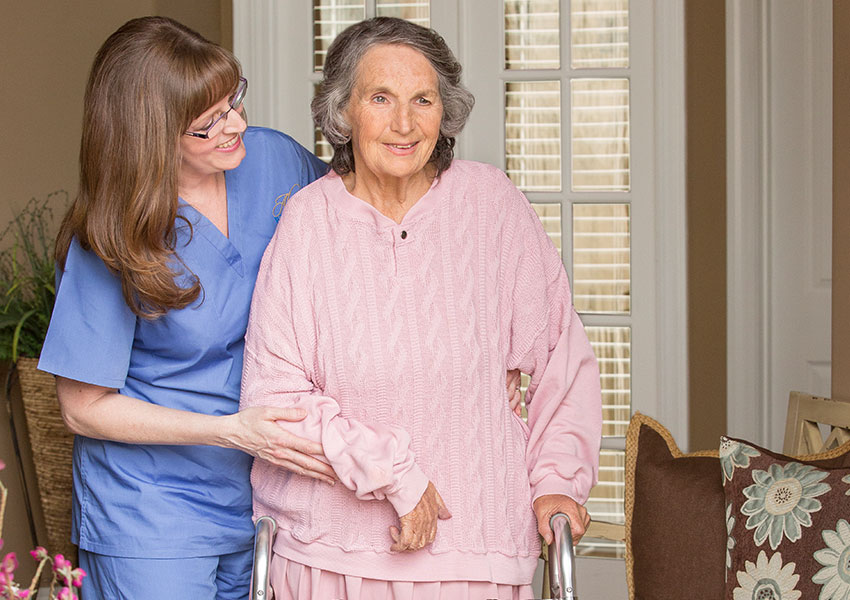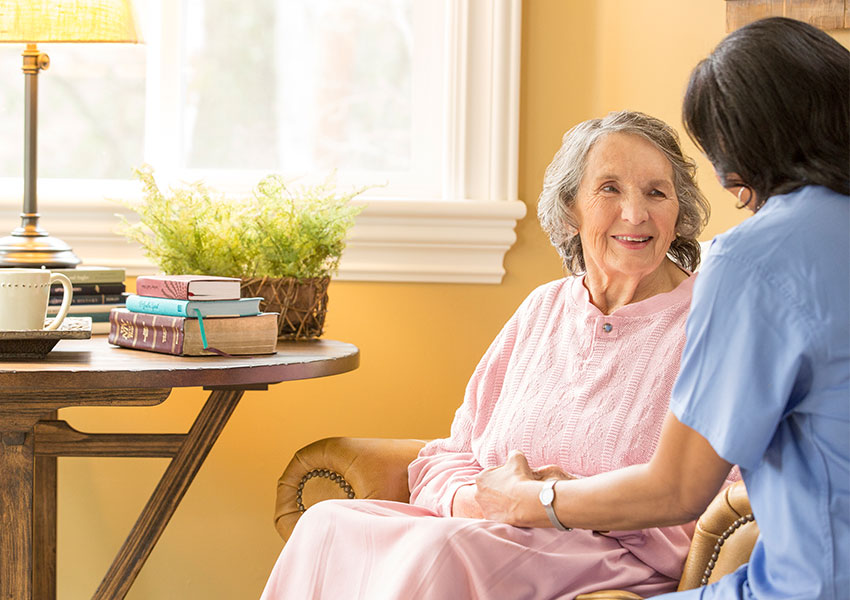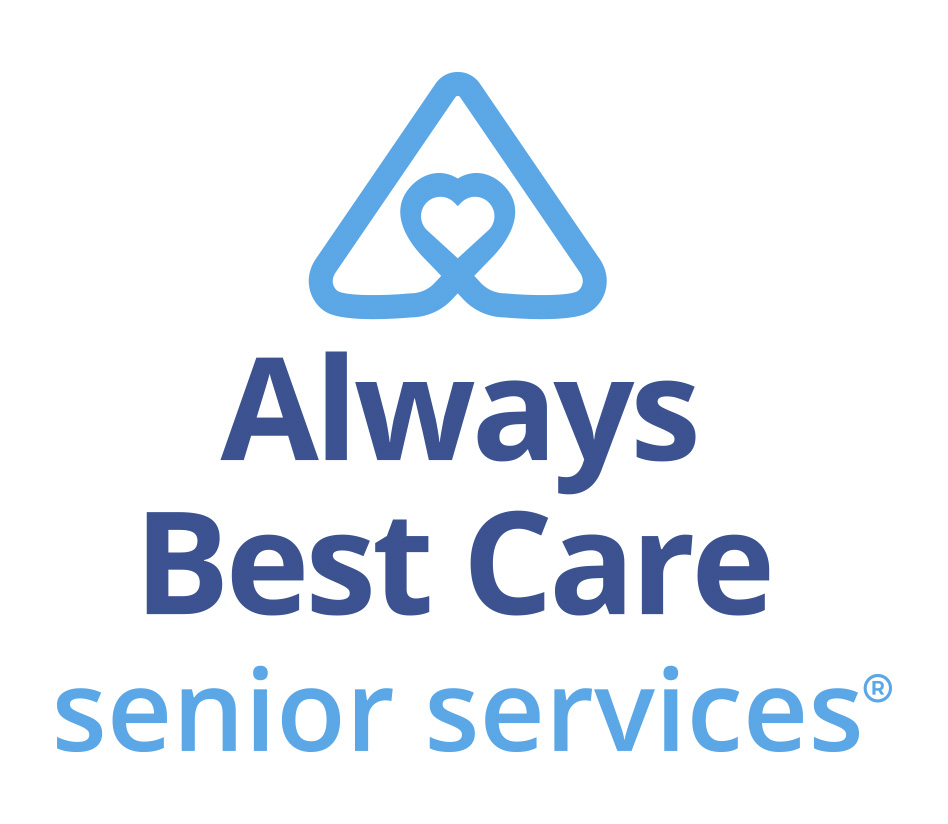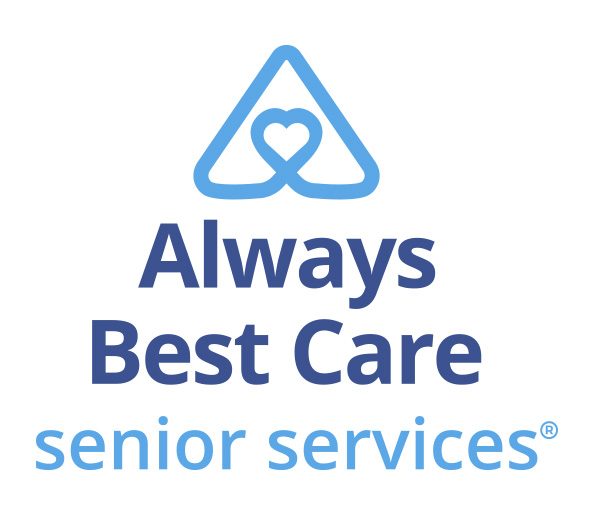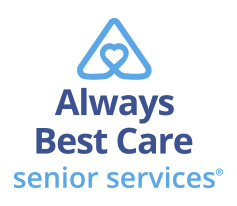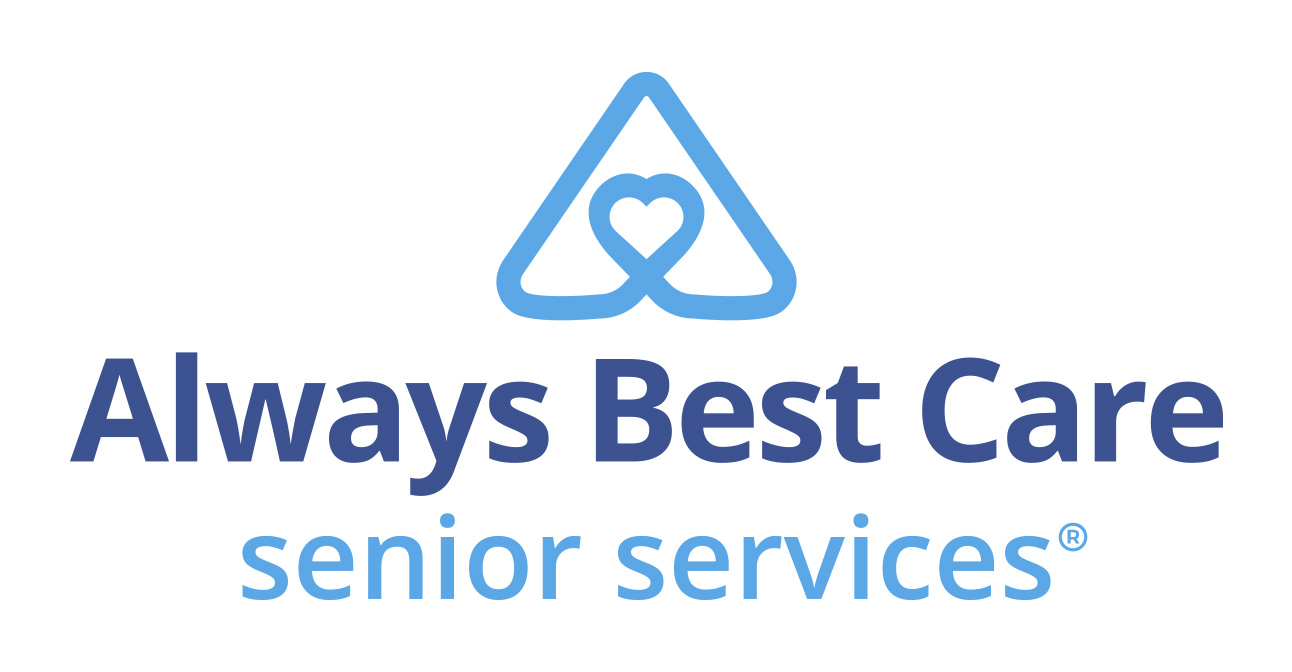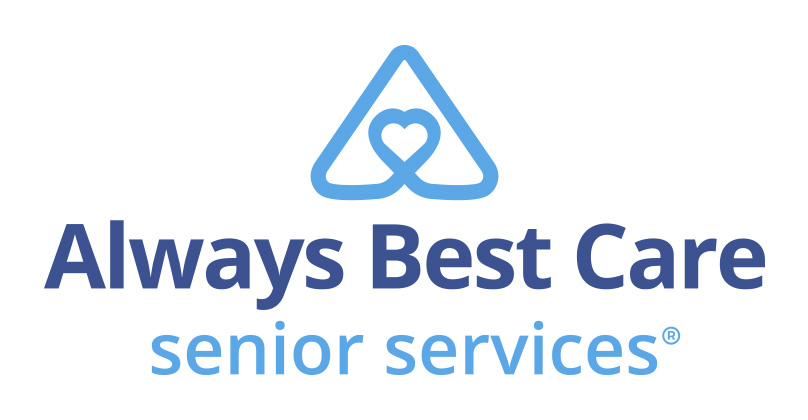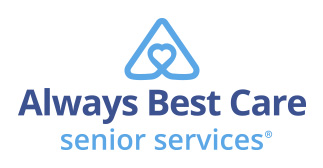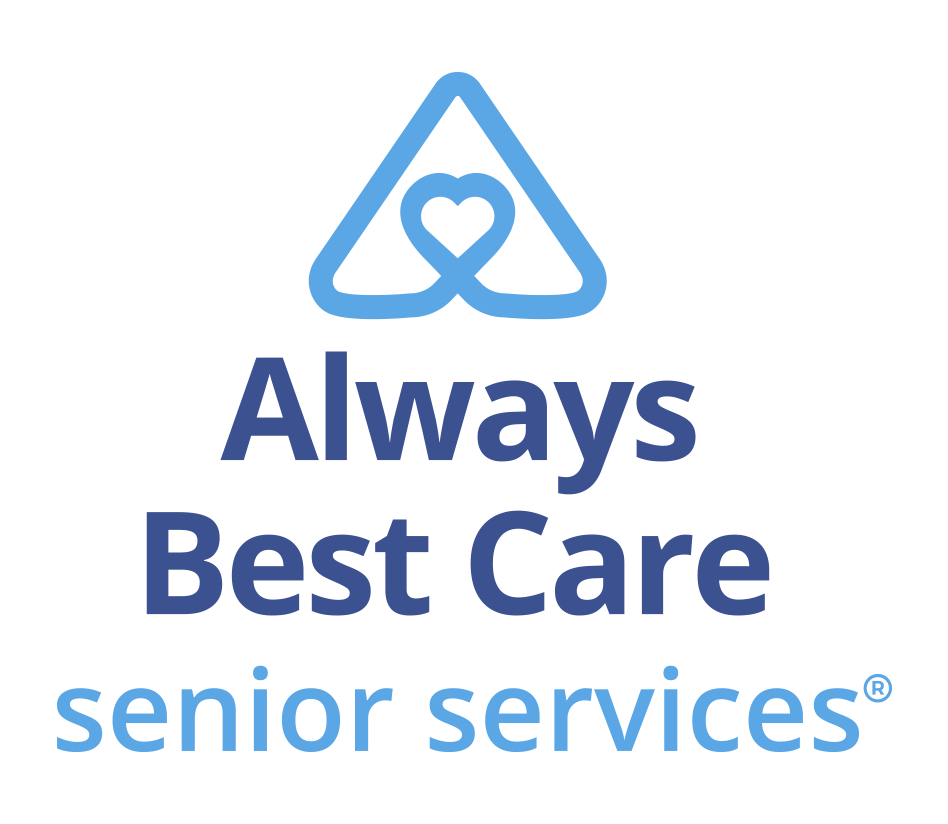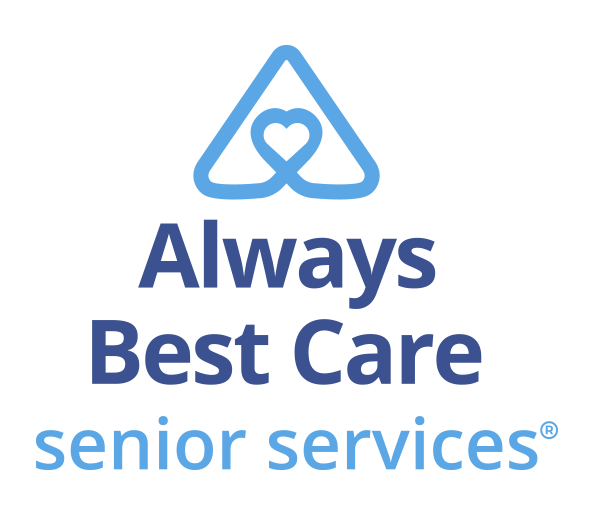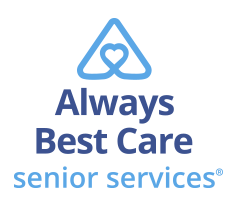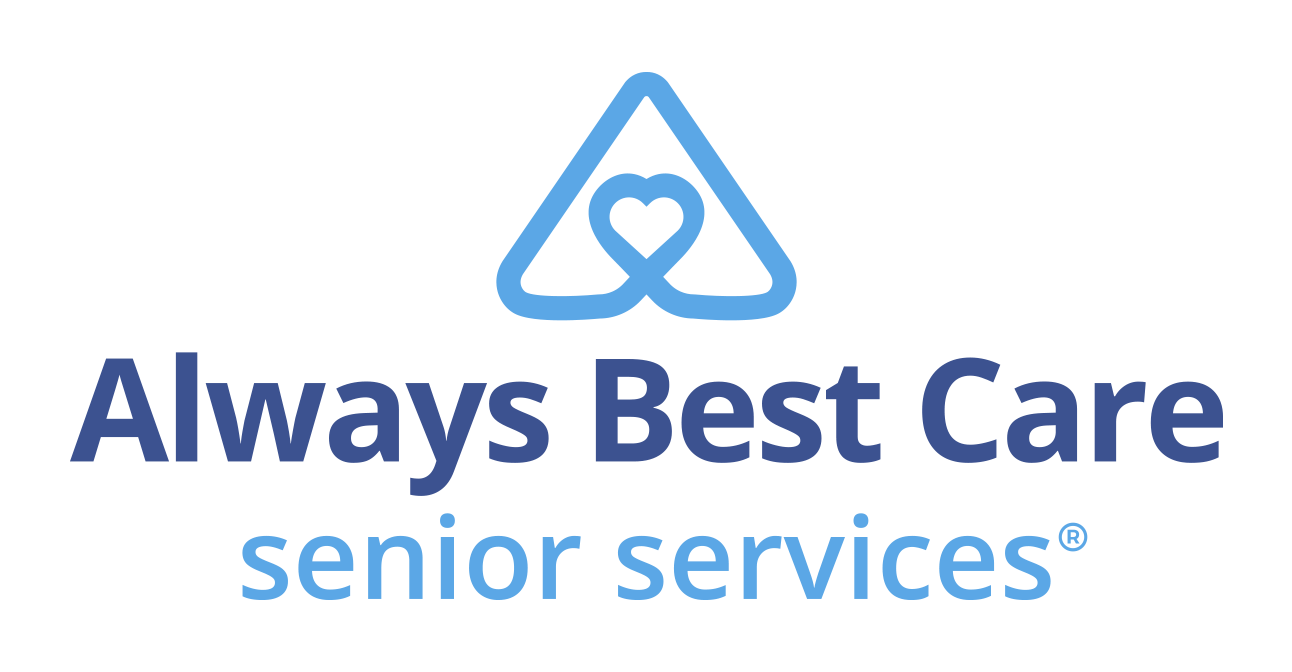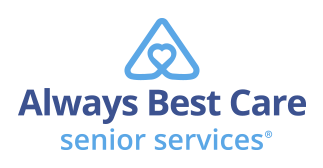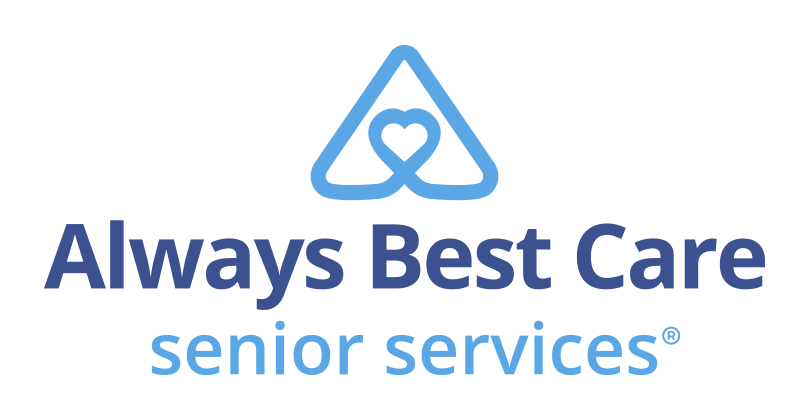While we may become wiser in many ways as we age, research shows that our financial capability decreases after age 60. It may not be as easy to balance the checkbook, add figures in your head or decide on the best car deal. Poorer financial reasoning may be one of the reasons that financial abuse of the elderly has become so prevalent.
In a survey by the National Association of Professional Geriatric Care Managers, 71 percent of care managers surveyed said financial abuse and/or exploitation of the elderly is a growing problem in their communities. Roughly 1 in 5 Americans age 65 or older (about 7.3 million) have been victimized by financial fraud, according to the Investor Protection Trust. Perhaps even more worrisome is that many older adults who score low on financial literacy tests thought they did well (“Financial Literacy and Financial Decision-Making in Older Adults,” American Society on Aging).
Family Members Not Always Trustworthy
You may have read the articles about New York socialite Anthony D. Marshall’s conviction of defrauding and stealing from his elderly mother, philanthropist Brooke Astor. With help from his lawyer, Marshall changed her will to favor him, took millions of dollars without her consent and stole paintings from her home on Park Avenue.
There are many lesser-known stories about trusted family members swindling older adults. A social worker tells the story of an elderly woman who loaned her grandson most of her savings, after which he used the title to her mobile home to get a bank loan. She now needs the money to live on and faces the possibility of losing her mobile home if her grandson defaults on the loan. Yet she refuses to report her grandson to the authorities because she doesn’t want him to go to jail.
The sad truth is that over 90 percent of reported elder abuse is committed by the older person’s own family members, most often their adult children, followed by grandchildren, nieces and nephews, according to the National Council on Aging . Common tactics include depleting a joint checking account, promising but not delivering care in exchange for money or property, outright theft, physical abuse, threats, intimidation and neglect of basic care.
A relative can convince an older family member to transfer assets to them, get them to change their will or lift jewelry or other valuable items from the home when the elder is not looking. If the family member is caretaking in exchange for access to the elder’s Social Security funds, they may be spending as little as possible on the elder and more on themselves.
What You Can Do
Most of us want to believe that our own kin would never betray us. But to keep temptation out of harm’s way, you can take proactive measures to protect your assets, especially at a time of life when your financial abilities may be waning and you’re not always sure about making the right financial decision:
- Have your income (e.g., retirement, disability) directly deposited into your checking account.
- If managing your daily finances becomes difficult, consider hiring a daily money manager. This professional can help you with bills, insurance claims, phone calls to financial institutions and troubleshooting.
- Engage a CPA or certified financial planner to handle issues such as how much money you can withdraw safely from retirement funds.
- Put together an estate plan. Talk with an attorney about helping you create your powers of attorney, will and advanced directives.
- When you choose a power of attorney, don’t assume the person closest to you will do the best job; you might be better off giving it to someone more detached and financially secure.
- Put limits on your powers of attorney, such as assigning a different person to monitor your power of attorney or assigning joint powers of attorney, which would require two signatures on every check.
- Build a network of family, friends, neighbors and groups that you can interact with often. They will notice if something is amiss.
- Create a buddy system with other elders, call each other daily for reassurance and friendship and visit each other if possible. Older adults with a social network are less likely to be preyed upon.
- Get your financial affairs in order. Good financial housekeeping will make you less vulnerable.
- Keep valuables in a safe place. If there’s nothing worth stealing in your home, you’re less likely to become a victim.
- Consult with a financial advisor or attorney before signing any document you don’t understand.
- Get to know officers and tellers at your local bank or credit union. They can look out for any suspicious activity related to your account.
- If you think you’ve been taken advantage of, don’t be afraid or embarrassed to contact authorities, starting with your local Adult Protective Services (see sidebar for other resources).
Efforts to Fight Financial Abuse
Governments and businesses are aware of the growing problem of financial elder abuse and are starting to take steps to counteract it. The Department of Justice has created an Elder Justice website, “a resource for victims of elder abuse and financial exploitation and their families, practitioners who serve them, law enforcement agencies and prosecutors, and researchers.” You can report elder abuse or find support in your area by entering your zip code on the site, which will provide the names of agencies and places to go in a 5-, 10- or 20-mile radius of your home. The Justice Department has also created training programs to help attorneys recognize and address financial exploitation of older Americans.
Growing concern in the financial industry about elder abuse has resulted in a new regulation. Brokers can delay or refuse transactions if they believe a caregiver is defrauding or exploiting a client who may be suffering from dementia. In the medical field, the nonprofit Investor Protection Trust trains doctors, medical professionals and lawyers to spot and report elder financial abuse.
Twenty-five states have laws requiring financial institutions to report suspicious withdrawals from seniors’ accounts and other uncharacteristic activity, according to the American Bankers Association. The state of Maine has a program, Senior$afe, that trains bank tellers and managers to identify and report suspected cases of financial exploitation. The program is expanding nationwide.
Businesses are seeing opportunities in this field also. EverSafe can monitor your financial activity, such as credit card statements and bank and investment accounts, on a daily basis. The company scans transactions for suspicious activity, such as financial behavior patterns that don’t fit your regular habits, and then sends a notice to you and someone that you have chosen to oversee your spending.
Another company, True Link , has a prepaid Visa debit card that lets you determine daily spending limits and the types of purchases or withdrawals that are and are not allowed on the card. If a purchase is outside of your parameters, it is rejected. The card also sends alerts of any suspicious charges.
Sources
“Why Elder Financial Abuse Is Such a Slippery Crime,” Feb 13, 2015, Forbes
“Protecting Mom & Dad’s money,” January 2013, Consumer Reports
“Financial Abuse,” National Committee for the Prevention of Elder Abuse
“Protect Yourself,” University of California Irvine’s Center of Excellence on Elder Abuse and Neglect
“Protect Yourself,” Elder Financial Protection Network
“How Seniors Can Protect Themselves from Scams,” National Council on Aging
“How to Stop Mom or Dad From Stupid Spending,” Next Avenue
“How Aging Impacts Our Financial Decisions,” Next Avenue
Reprinted by Always Best Care Senior Services with permission from the Society of Certified Senior Advisors.
The Certified Senior Advisor (CSA) program provides the advanced knowledge and practical tools to serve seniors at the highest level possible while providing recipients a powerful credential that increases their competitive advantage over other professionals. The CSA works closely with Always Best Care Senior Services to help ABC business owners understand how to build effective relationships with seniors based on a broad-based knowledge of the health, social and financial issues that are important to seniors, and the dynamics of how these factors work together in seniors’ lives. To be a Certified Senior Advisor (CSA) means one willingly accepts and vigilantly upholds the standards in the CSA Code of Professional Responsibility. These standards define the behavior that we owe to seniors, to ourselves, and to our fellow CSAs. The reputation built over the years by the hard work and high standards of CSAs flows to everyone who adds the designation to their name. For more information, visit www.society-csa.com.
Always Best Care Senior Services
Always Best Care Senior Services (www.alwaysbestcare.com) is based on the belief that having the right people for the right level of care means peace of mind for the client and family. Always Best Care Senior Services has assisted over 25,000 seniors, representing a wide range of illnesses and personal needs. This has established the company as one of the premier providers of in-home care, assisted living placement assistance, and skilled home health care.
To print this article CLICK HERE
